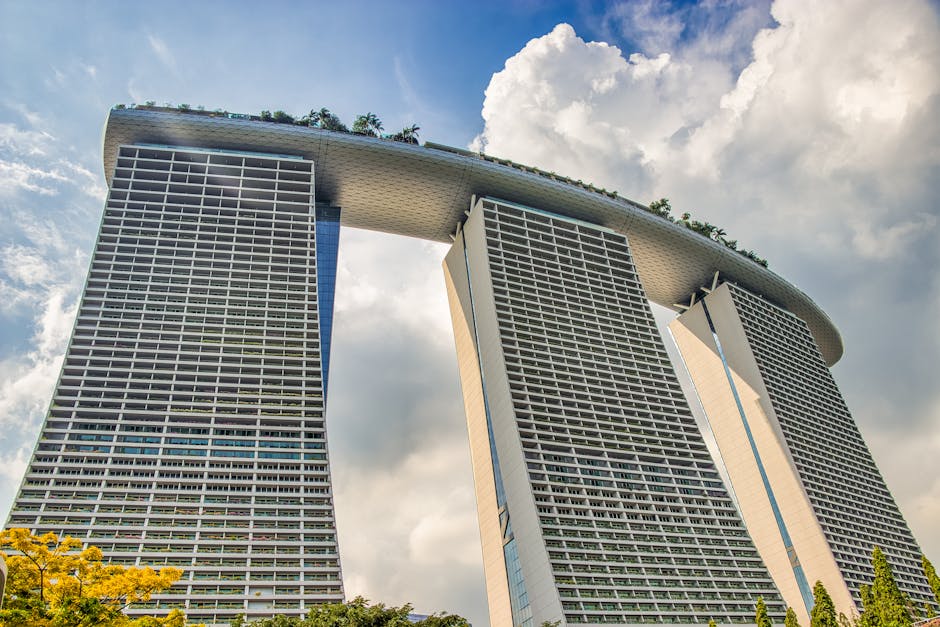Travel, a pursuit deeply intertwined with personal enrichment and cultural exploration, often presents a complex financial landscape. Careful consideration of monetary factors is paramount to ensuring a fulfilling and stress-free trip. This exploration delves into the financial considerations inherent in travel planning, examining various aspects from budgeting and savings to unforeseen expenses and cost optimization strategies.
Initial Stages: Setting a Realistic Budget
A crucial first step in securing a successful travel experience is establishing a practical budget. This isn’t merely about tallying costs; it’s about understanding your financial capacity and desires. Begin by evaluating your available resources. Factor in not only current savings but also anticipated income streams during the trip planning phase. This requires a clear understanding of your individual spending habits. Are you a spontaneous spender, or do you meticulously track every penny? Honesty in self-assessment is key to forming a reliable budget.
Beyond just numbers, the budget must reflect your travel style. A luxury safari will demand a vastly different financial commitment than a backpacking trip across Southeast Asia. Identifying desired experiences and levels of comfort is critical for creating a budget that aligns with your aspirations. Consider what constitutes “luxury” for you and if there are alternative, lower-cost options to achieve the same satisfaction. This initial groundwork will ensure your budget is not just a constraint, but a roadmap for your adventures.
Crafting a Detailed Expense Breakdown
Once a general budget is in place, meticulous expense breakdowns are essential. A detailed list allows you to track and monitor spending across diverse categories like flights, accommodation, activities, food, transportation, and incidentals. Analyzing past travel experiences, if available, can offer insights into typical expenses for each category.
Accommodation, often a significant chunk of the budget, offers various alternatives. Consider hostels or guesthouses for budget-conscious travelers. Mid-range hotels can provide comfort without exorbitant prices. Airbnb rentals present an opportunity to experience local culture while potentially saving on accommodation costs, particularly when traveling in groups. These variations can greatly impact the total cost of a trip.
Transporting yourself from place to place is another key component of expense management. Choosing the optimal mode of transport involves considering factors such as cost, time efficiency, and desired experience. Flights are usually the fastest option but can be costly. Buses and trains offer more budget-friendly alternatives, particularly for extensive journeys. When possible, incorporate walking or cycling into your travel plan, not only for cost savings but also for a deeper immersion in the local environment.
Food and beverages are another considerable cost. Dining at local restaurants is often far more affordable than upscale eateries. Food markets and street food stalls provide a unique culinary experience while keeping costs low. Packing some snacks and beverages for certain activities can significantly reduce your spending on food during the day. Planning out mealtimes in advance can help you to stick to your budget, especially on a tight schedule.
Beyond the Basics: Insurance and Contingency Funds
Insurance coverage is a critical component of any comprehensive travel plan. Travel insurance not only covers unforeseen medical emergencies but also provides assistance with lost luggage or trip cancellations. Ensure the coverage aligns with your needs and includes adequate medical coverage and emergency evacuation. The cost of insurance is usually minimal compared to the potential financial impact of unexpected events.
Building a contingency fund is crucial to mitigate the risk of unforeseen expenses. A dedicated fund allows you to handle unexpected situations without derailing your entire budget. A certain amount should be set aside for emergencies or last-minute changes to your itinerary, which are inevitable in travel.
Maximizing Value: Strategic Booking and Cost-Effective Choices
Strategic booking times and utilizing cost-effective options significantly impact overall expenditure. Flights and accommodation often offer different prices at various times. Using travel comparison websites, researching deals, and being flexible with travel dates can result in substantial savings.
Utilizing loyalty programs, discounts, and travel deals can further enhance cost efficiency. Many airlines and hotels offer rewards programs that can accumulate points and redeem them towards future travel. Exploring local experiences and activities often offers more value at lower costs than pre-packaged tours.
Evaluating and Optimizing Spending Throughout the Journey
Maintaining a record of expenses throughout the journey allows for informed spending decisions. Regular checks against the budget help to identify potential overspending and adjustments for future activities. Flexibility is essential in travel; adjusting your plans to meet budget constraints allows for more experiences at your desired pace. It’s imperative not to sacrifice your planned experiences for financial considerations, especially when you can find ways to mitigate potential overspending.
Conclusion: Mastering Financial Travel Prudence
A well-structured travel plan encompasses more than just destination choices; it involves a comprehensive approach to managing finances. By considering budgeting, detailed expense breakdowns, insurance, contingency funds, and strategic booking, travelers can make informed choices and optimize spending without compromising their enjoyment. Ultimately, mastery of these financial considerations empowers travelers to embark on enriching journeys that are both affordable and fulfilling, ensuring their adventures are financially sustainable and enjoyable from beginning to end.












